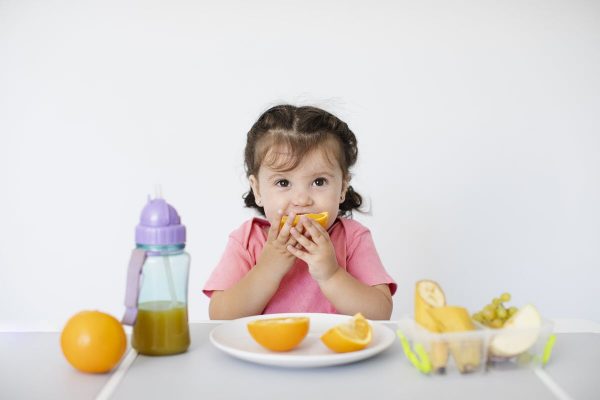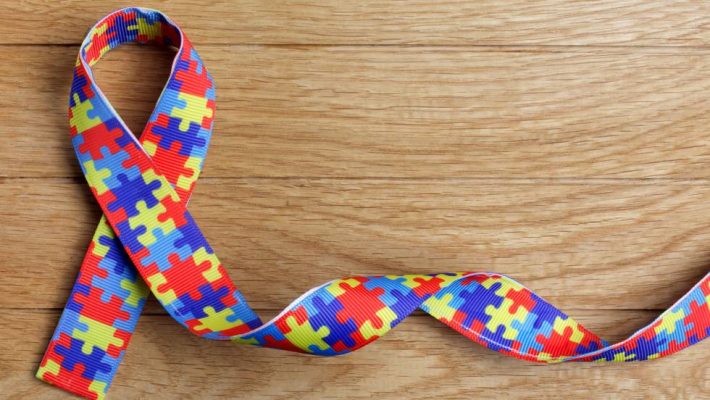At this time it is inevitable not to keep the Coronavirus in mind, becoming part of our daily conversations. In this mandatory isolation our children also hear, see and talk about the topic and receive all this information in their own way. That is why the parents’ filter is essential to avoid negative feelings and anxiety in them.
One of the most important aspects is: How to explain the situation to our children without transmitting fear or anxiety? Here we mention some suggestions and recommendations according to the main global health organizations.
Let your child tell what he thinks:
Before addressing the topic, you should take into account what he knows about the coronavirus and how he feels about it. The idea is to avoid stimulating alarming fantasies.
Always tell the truth:
Don’t be afraid to talk about the coronavirus. Not talking about something can increase children’s worry. Consider the conversation as an opportunity to communicate the facts, do so in a calm and assertive manner.
Be careful with your emotions:
If we tell him with words that we are calm, but with our eyes, gestures or tone of voice, we suggest the opposite, the little one will realize and may think that we are hiding something from them and will worry even more.
We must admit our moods:
Little ones can feel our moods and our worries. We can help them consider fear as something positive, as a normal feeling that allows us to distance ourselves from dangers.
It is preferable to keep children away from all the news:
The media often has an alarmist and morbid tone, more aimed at impressing and generating an audience than at informing. The threat is real and it is very sad, but it is better that the news reaches the child through the parents’ filter, and not directly, and try not to express negative emotions in front of them.
Review with them the care protocols against Covid19:
Making them part of the prevention will keep them in a state where they feel that they are also part of the family’s care. Being aware of washing your hands and helping with cleaning at home. As well as supportive behaviors, such as calling grandparents or relatives who are far away to cheer them up at this time.
Transform crisis into opportunity:
It is true that we are facing a strange situation. However, this can also become the opportunity to rediscover new ways of being together and carrying out new family activities. Let’s try to spend more time together, watching a movie, playing a board game, or cooking something creative.
For the little ones, it is good for them to make a drawing that expresses the feelings of the day. This helps them reflect on their mood and be able to communicate what they feel.
Ricardo De León C.
Psychologist – Euroamerican College
References:
https://childmind.org/article/como-hablar-con-los-ninos-sobre-el-coronavirus/
https://kidshealth.org/es/parents/coronavirus-how-talk-child-esp.html
https://www.chla.org/blog/health-and-safety-tips/how-talk-kids-about-coronavirus-spanish
https://www.cdc.gov/coronavirus/2019-ncov/community/schools-childcare/talking-with-children-sp.html
https://www.unicef.org/lac/informes/hablando-sobre-el-coronavirus-19-con-los-ninos-y-ninas-mas-pequenos


